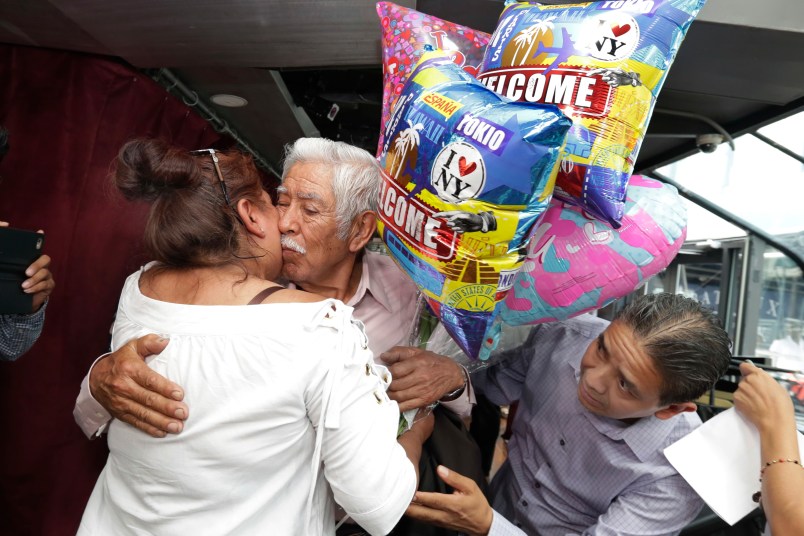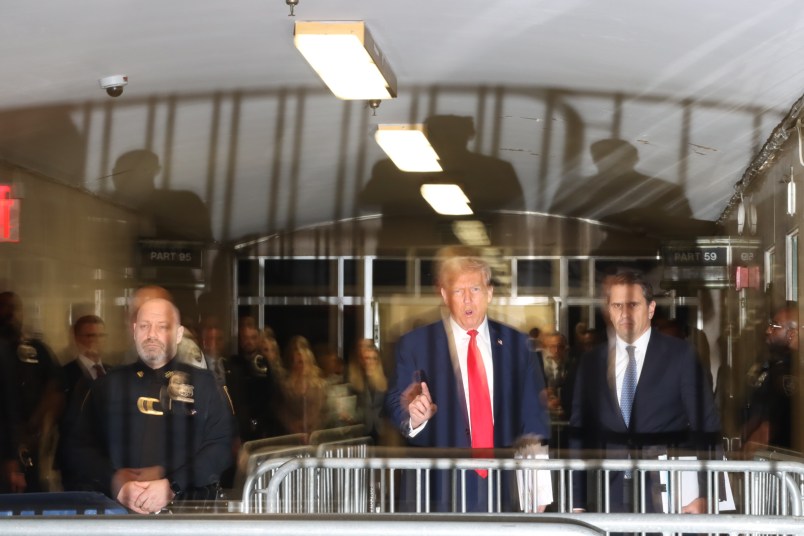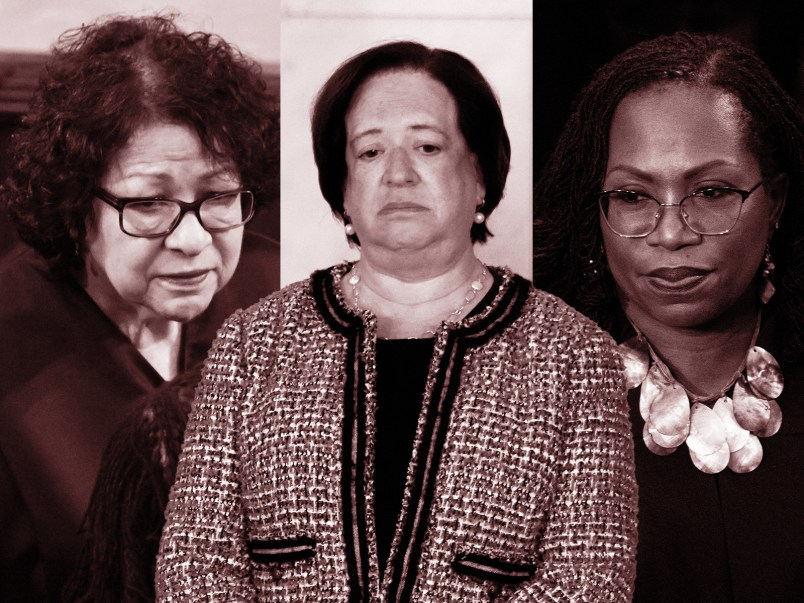WASHINGTON (AP) — The State Department on Monday expanded its definition of “close family” to include grandparents and other relatives that constitute a bona fide U.S. relationship for visa applicants and refugees from six mainly Muslim nations.
In response to a Hawaii federal judge’s order last week, the department instructed U.S. diplomats to consider grandparents, grandchildren, brothers-in-law, sisters-in-law, aunts and uncles, ?nephews and nieces and first cousins to meet the criteria for applicants from the six countries to receive a U.S. visa.
They had been omitted by the department after the Supreme Court partially upheld the Trump administration’s travel ban in June. Initially, it had included only parents, spouses, fiancés, children, adult sons or daughters, sons-in-law, daughters-in-law and siblings. Monday’s instructions change that.
“The ruling is effective immediately and we have issued instructions to our embassies and consulates to use the expanded definition when adjudicating visa cases,” the department said. Under the rules, applicants from the six countries — Syria, Sudan, Iran, Somalia, Libya and Yemen — have to prove a bona fide relationship with a person or entity, including a “close familial relationship” in the U.S. to be exempt from the ban.
U.S. District Judge Derrick Watson had ruled on Thursday that excluding grandparents and others defied common sense.
“Common sense, for instance, dictates that close family members be defined to include grandparents,” he wrote. “Indeed grandparents are the epitome of close family members.”
The Trump administration has appealed the Hawaii order to the Supreme Court saying that Watson’s interpretation of the Supreme Court’s ruling on what family relationships qualify refugees and visitors from the six Muslim-majority countries to enter the U.S. “empties the court’s decision of meaning, as it encompasses not just ‘close’ family members, but virtually all family members. Treating all of these relationships as ‘close familial relationship(s)’ reads the term ‘close’ out of the Court’s decision.”









